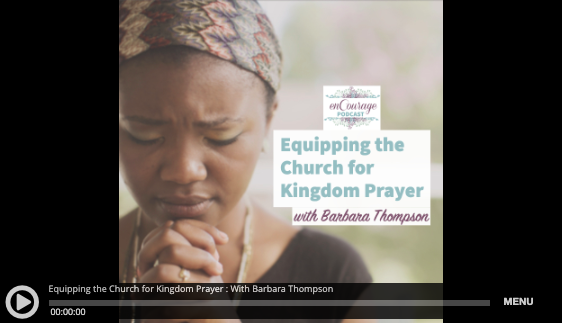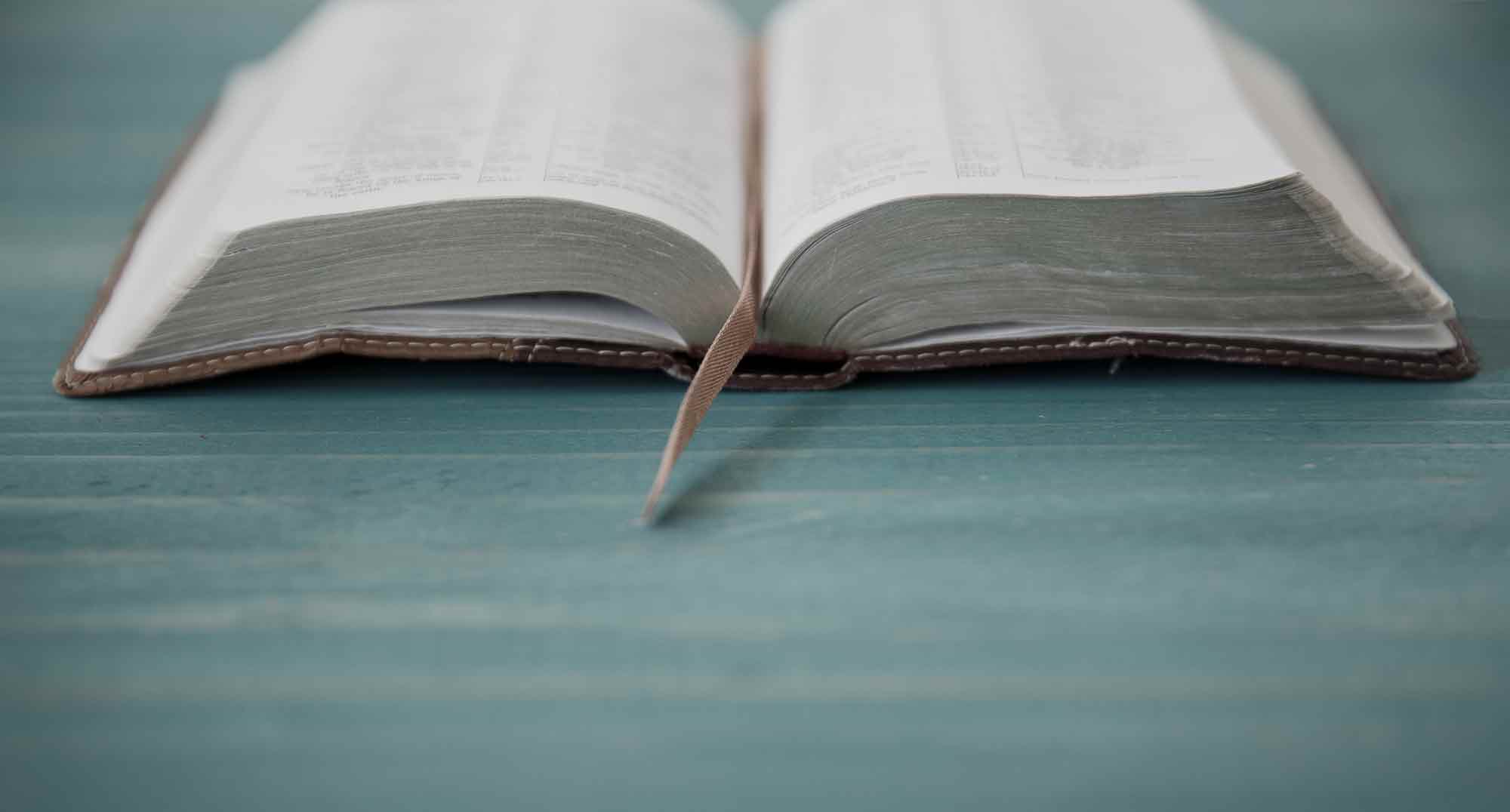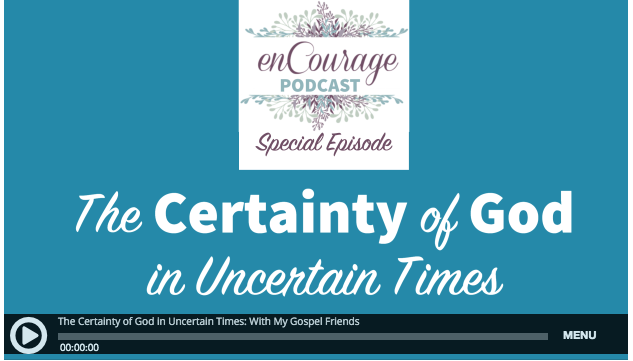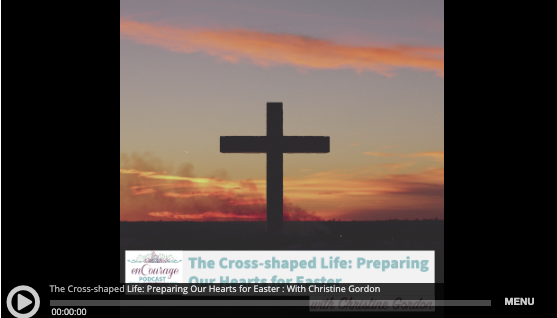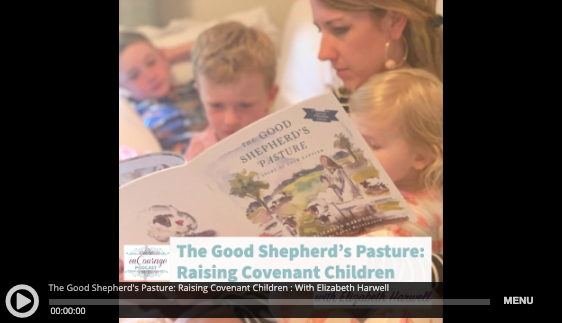The God Who Sees
So, she called the name of the Lord who spoke to her, “You are a God of seeing, for she said, “Truly here I have seen him who looks after me.” Hagar and the angel of the Lord in the wilderness are an important piece to the relational gospel story between God and His people. It is a story for those who feel weak, used, abused, abandoned, those who are aliens, and those who long to be seen. El Roi is the God who sees us. This name of God is revealed in Genesis 16. Hagar refers to God as El Roi in verse 13, but to understand the importance of this name we have to see the name in the context of the entire story. In Genesis 16 we see Sarai desperately wanting to push God’s covenant promise along in her own human effort, control, and plans. In the text of Genesis 16 we see she suggests to Abram that he take her maidservant to be his wife. Neither Abram nor Sarai refer to Hagar by name in this entire account recorded by Moses in Genesis 16. She is a maidservant, an Egyptian in slavery in a foreign land, and she is used as an object by Abram and Sarai—unseen to them as the named woman, by the personal name Hagar—to Abram and Sarai, she is servant or just a pronoun. After Hagar becomes pregnant, Sarai deals harshly with her and Hagar flees. Hagar is pregnant, an alien in a foreign land, and up until this point has not been referred to by her personal name. She flees to a place on the way to Shur—a place that is so far from where Abram and Sarai lived that she must have traveled a very long way on foot to escape the mistress who mistreated her, never called her by her personal name, and dealt with her harshly. In the desert, the angel of the Lord speaks to her and calls her by her personal name for the first time in the text of Genesis 16. In Hagar’s response to the angel of the Lord, we see for the first time in Scripture, the recorded name of the God who sees, El Roi—the God who sees me...



